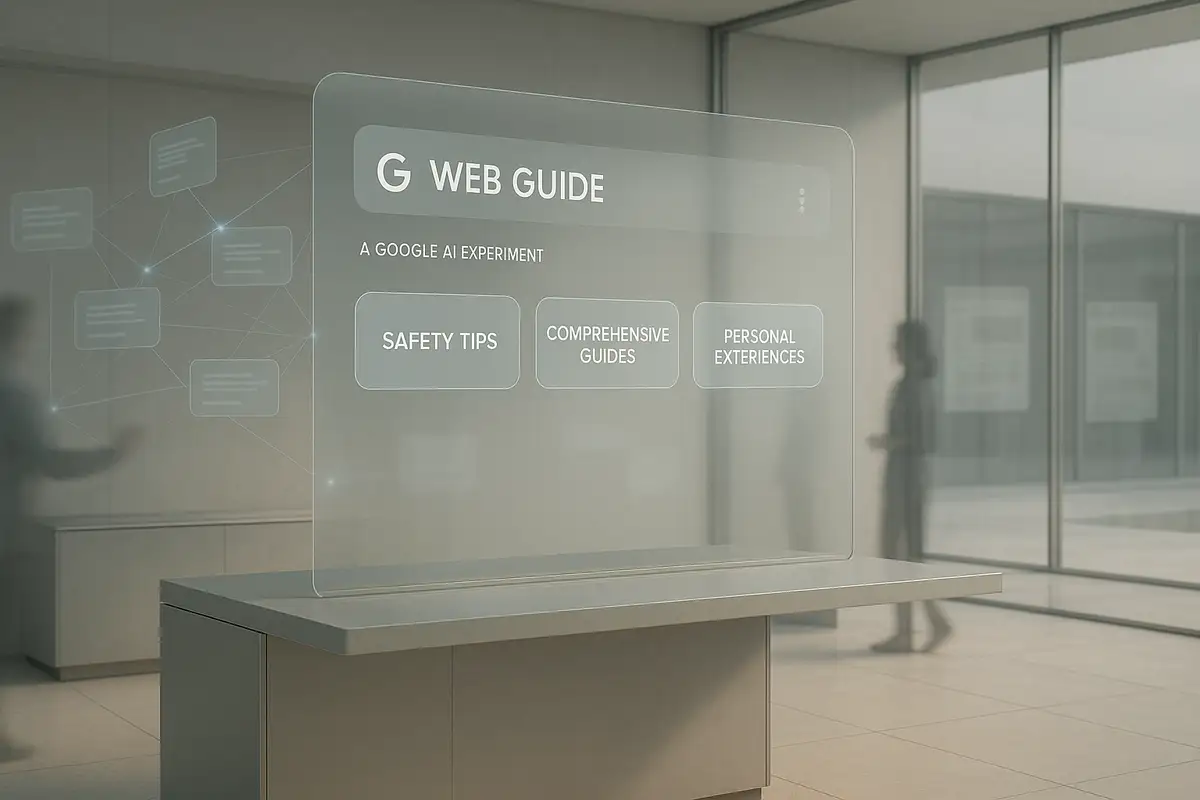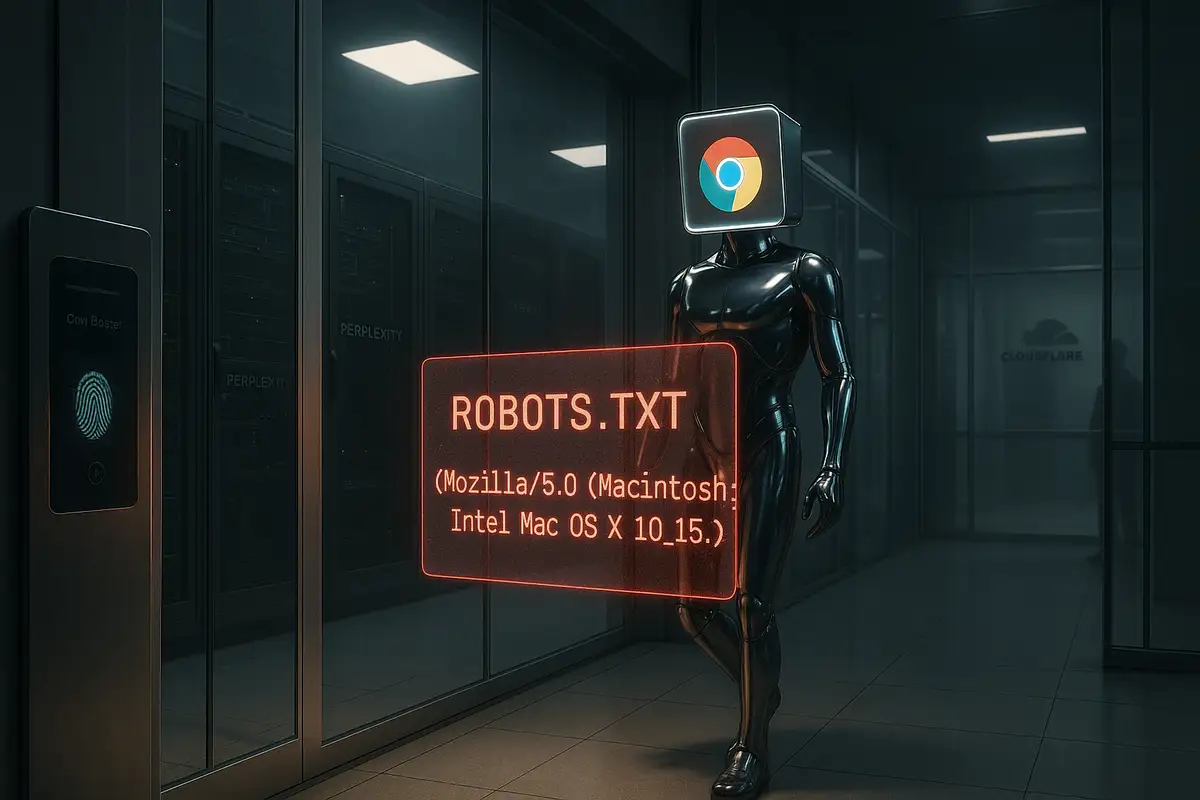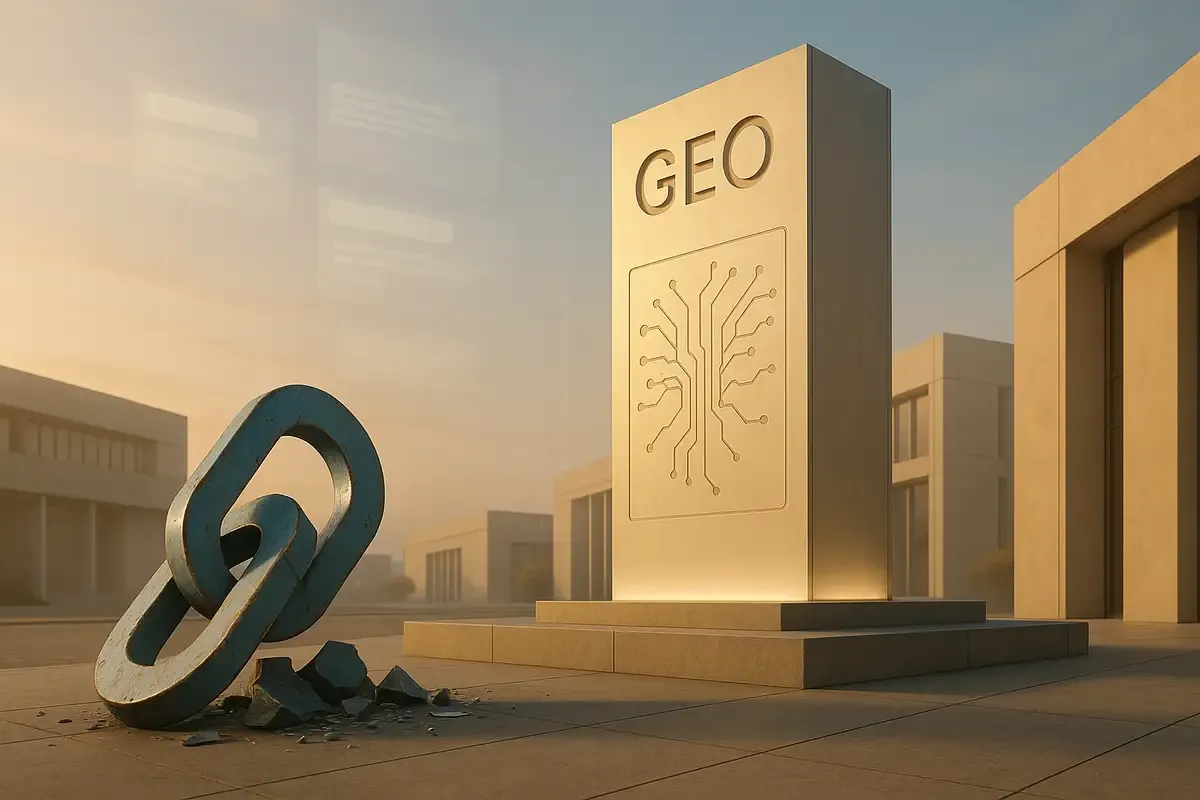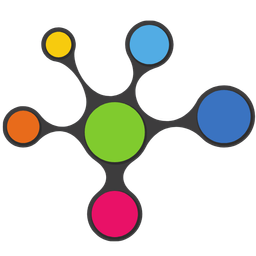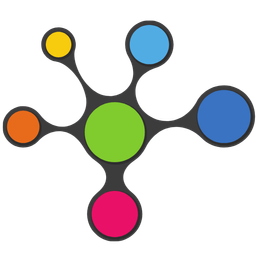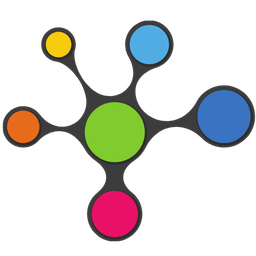💡 TL;DR - The 30 Seconds Version
👉 AI chatbots now answer questions directly without sending users to websites, causing a "traffic apocalypse" for publishers who built business models around Google referrals.
📊 The $75 billion SEO industry is scrambling to pivot to GEO (Generative Engine Optimization) as websites report double-digit drops in search traffic.
💰 Dozens of GEO startups have raised hundreds of millions to help companies get "cited" in AI responses instead of ranking in Google results.
🕵️ A former Google engineer found evidence that ChatGPT secretly uses Google Search despite being positioned as a competitor to the search engine.
🏭 Companies now create "citable chunks" and structured content designed to be easily excerpted by AI rather than optimized for keyword rankings.
🌍 The fundamental economics of the web are breaking as AI eliminates the need to visit websites, threatening the ad revenue model that funds free content.
The $75 billion search engine optimization industry just watched its business model die. Not slowly, not gradually, but in a brutal collision with artificial intelligence that nobody saw coming.
Companies that spent two decades mastering Google's rules now face a simple reality: AI chatbots answer questions without sending people to websites. When ChatGPT tells you the capital of France, you don't click through to Wikipedia. When it explains quantum physics, you don't visit the university website that provided the information.
The result? Website traffic is plummeting across the board, and an entire industry built on gaming search algorithms is scrambling to reinvent itself.
The Traffic Apocalypse
The numbers tell a stark story. Publishers report double-digit drops in referral traffic from Google search. Some websites call it a "traffic apocalypse" - and the phrase fits.
"For media publishers whose business models rely on referral traffic to bring them advertising revenue, this shift feels nothing short of catastrophic," researchers noted in the Columbia Journalism Review.
This isn't just about tech companies or digital marketers. Local newspapers, recipe bloggers, e-commerce stores, small businesses - anyone who built their online presence around Google search is getting hit. The fundamental equation of the internet has changed: if AI answers questions directly, why would anyone click on links?
Enter the New Gold Rush
Into this chaos steps an entirely new industry. Call it Generative Engine Optimization, or GEO. Where SEO experts once fought for top rankings in Google's blue links, GEO specialists now battle to get mentioned in AI responses.
The money flowing into this space is staggering. Dozens of startups have raised hundreds of millions of dollars with promises to help companies optimize for chatbots. One company, Profound, has pulled in tens of millions from major venture capital firms to track how AI models "see" different brands.
The techniques look familiar but work differently. Instead of stuffing keywords into content, companies now create "citable chunks" - information structured so AI can easily excerpt it. Think bullet points, comparison tables, and clear authoritative statements that sound like they came from a software manual.
What Actually Works
Early adopters are sharing their findings, and the patterns are clear. Listicles perform well with AI citation systems. So do structured comparison tables, rankings, and original research. The content that works reads like FAQ sections - direct questions with concise answers.
"Chatbots keep all the users on the platform until they have a satisfying answer," Aleyda Solis, who runs an SEO consultancy in Spain, told New York Magazine. "If it's informational, they might not visit you at all."
To optimize for AI, many companies are using AI to create content. Machines writing for machines, with humans caught in the middle trying to profit from the exchange.
Some marketers are thinking even further ahead. SEO strategist Sean Markey suggests buying aged domains with good reputations to create "satellite sites built just for LLMs." The idea: avoid diluting your main website's Google rankings while feeding AI systems the content they crave.
The Secret Google Connection
The most surprising development comes from detective work by former Google engineer Abhishek Iyer. By creating pages visible only to Google's crawlers, he found evidence that ChatGPT might be secretly using Google search despite being positioned as a competitor.
This revelation changes everything. If ChatGPT is quietly Googling answers before responding to users, then maybe the death of traditional search is overstated. Maybe Google's dominance extends even into the AI revolution that's supposed to replace it.
OpenAI didn't deny the findings when asked, instead emphasizing its partnership with Microsoft. Google declined to comment entirely.
Beyond the Numbers Game
Some experts argue the shift benefits content creators in unexpected ways. "Everything that's good for humans is good for SEO now," says Iyer, who now runs an AI optimization company. "Machines are getting smarter and smarter."
The old SEO playbook rewarded gaming the system - keyword stuffing, link schemes, content written primarily for search crawlers. The new AI-driven landscape supposedly rewards expertise and helpful information.
But that's only true if you can get the traffic in the first place. And increasingly, AI systems provide answers without sending users anywhere else.
The Business Model Collapse
Here's the fundamental problem: the internet's economics depend on people visiting websites. Publishers show ads, e-commerce sites sell products, service providers generate leads. When AI answers questions without clicks, that entire system breaks down.
News organizations feel this most acutely. They've spent years building strategies around search referrals, only to watch AI tools summarize their reporting without sending readers their way. Local businesses that relied on Google to drive foot traffic now compete for mentions in chatbot responses.
The replacement economy hasn't emerged yet. AI companies promise advertising opportunities within their chat interfaces, but those systems don't exist at scale. Meanwhile, the traffic keeps declining.
What Comes Next
The industry is hedging its bets. Some companies accept the new reality and focus on brand building rather than traffic generation. Others fight for whatever scraps of attention they can capture from AI systems.
Nobody knows which approach will work. Google might become irrelevant, or it might evolve into something entirely different. Traditional publishers might adapt, or they might disappear.
What's certain is that the rules changed faster than most businesses could adapt. Companies spent decades learning to optimize for search engines, only to discover that the game had shifted to optimizing for artificial intelligence.
The $75 billion SEO industry isn't disappearing - it's transforming into something that might be worth even more. Or it might collapse entirely. What's clear is that the web is shifting beneath everyone's feet. Some companies will adapt to this new reality. Others won't make it.
Why this matters
• The internet's economic foundation is cracking - when AI answers questions without generating clicks, the advertising model that funds free content breaks down
• A new optimization arms race has begun - companies that master AI citation systems early could dominate their industries, while others get left behind entirely
❓ Frequently Asked Questions
Q: What exactly is GEO and how does it differ from SEO?
A: GEO (Generative Engine Optimization) focuses on getting your content cited in AI chatbot responses, while SEO aimed for high rankings in Google search results. GEO requires creating "citable chunks" - structured content like bullet points and comparison tables that AI can easily excerpt and reference.
Q: How much website traffic are publishers actually losing?
A: Many websites report double-digit drops in Google referral traffic. The exact numbers vary, but publishers are calling it a "traffic apocalypse" because AI answers questions directly without sending users to click through to original sources.
Q: What should small businesses do about this change?
A: Focus on creating helpful, structured content that answers specific questions in your industry. Use bullet points, clear headings, and authoritative statements. Some experts suggest building content that works for both traditional search and AI citation systems.
Q: How much does GEO optimization cost compared to traditional SEO?
A: GEO startups have raised hundreds of millions in funding, suggesting enterprise solutions cost significant money. However, many basic GEO techniques - like creating structured, helpful content - can be implemented without expensive tools or consultants.
Q: Is this shift permanent or will Google fight back?
A: Google is already putting AI overviews at the top of search results, suggesting they're adapting rather than fighting the trend. Evidence that ChatGPT may secretly use Google search indicates the companies might be more interconnected than they appear publicly.
Q: What types of content get cited most by AI systems?
A: Listicles, comparison tables, rankings, and original research perform well. Content should be structured like FAQ sections with direct questions and concise answers. Think bullet points and clear authoritative statements rather than long-form narrative text.
Q: Can websites still make money if AI reduces their traffic?
A: This remains unclear. AI companies promise future advertising opportunities within chat interfaces, but those systems don't exist at scale yet. Some businesses are shifting focus from traffic generation to brand building and direct customer relationships.
Q: How quickly is this change happening?
A: Very fast. ChatGPT launched in late 2022, and within months both Microsoft and Google were integrating AI into search. The $75 billion SEO industry is already pivoting to GEO services, indicating the shift is happening in real-time, not over years.
